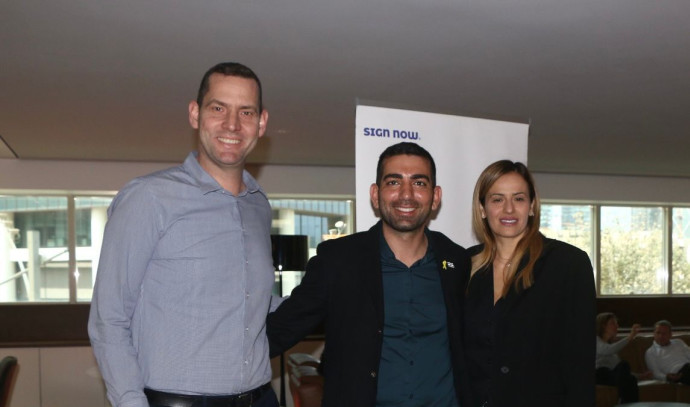Microsoft and Quantinuum have collaborated to develop highly reliable logical qubits for quantum computing. This has been achieved by utilizing qubit virtualization with ion trap hardware to create four highly reliable logical qubits from just 30 physical qubits, resulting in an 800-fold improvement in error rate.
Quantum computing is a new frontier of technology that holds great promise for solving complex problems, such as drug discovery and climate modeling. However, one of the biggest challenges facing quantum computing is its inherent susceptibility to errors from external noise. In quantum computing, a qubit is the basic unit of information that can represent a 0, a 1, or a superposition of both states. This delicate superposition is susceptible to errors from external noise, making quantum computing more error-prone than classical computing.
To overcome this challenge, two main approaches have been taken: improving the quality of individual qubits and utilizing logical qubits by combining multiple physical qubits into virtual qubits that are more reliable. Microsoft and Quantinuum used these techniques with ion trap hardware to create four highly reliable logical qubits from just 30 physical qubits. This resulted in an impressive improvement in error rate, comparable to using noise-canceling headphones to eliminate ambient noise on an airplane.
The achievement was made possible through advanced error diagnosis and error correction techniques. This development marks a significant milestone in quantum error correction and paves the way for correcting errors without destroying logical qubits, further advancing the field of quantum computing. As we continue to push the boundaries of this exciting technology, we can expect many more breakthroughs like this one in the future.



:quality(75)/cloudfront-us-east-1.images.arcpublishing.com/elcomercio/XVSFIB6JDJFO5N5IUI7DFCSFWI.jpg)